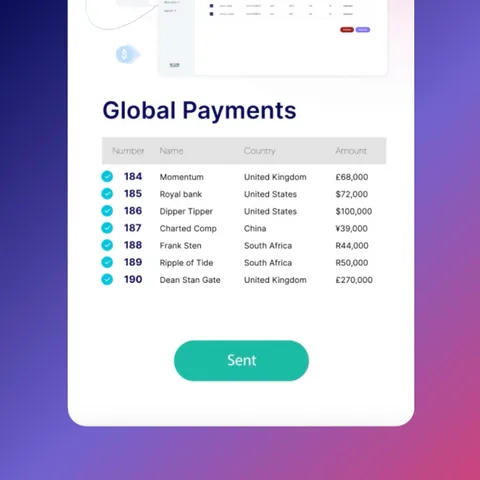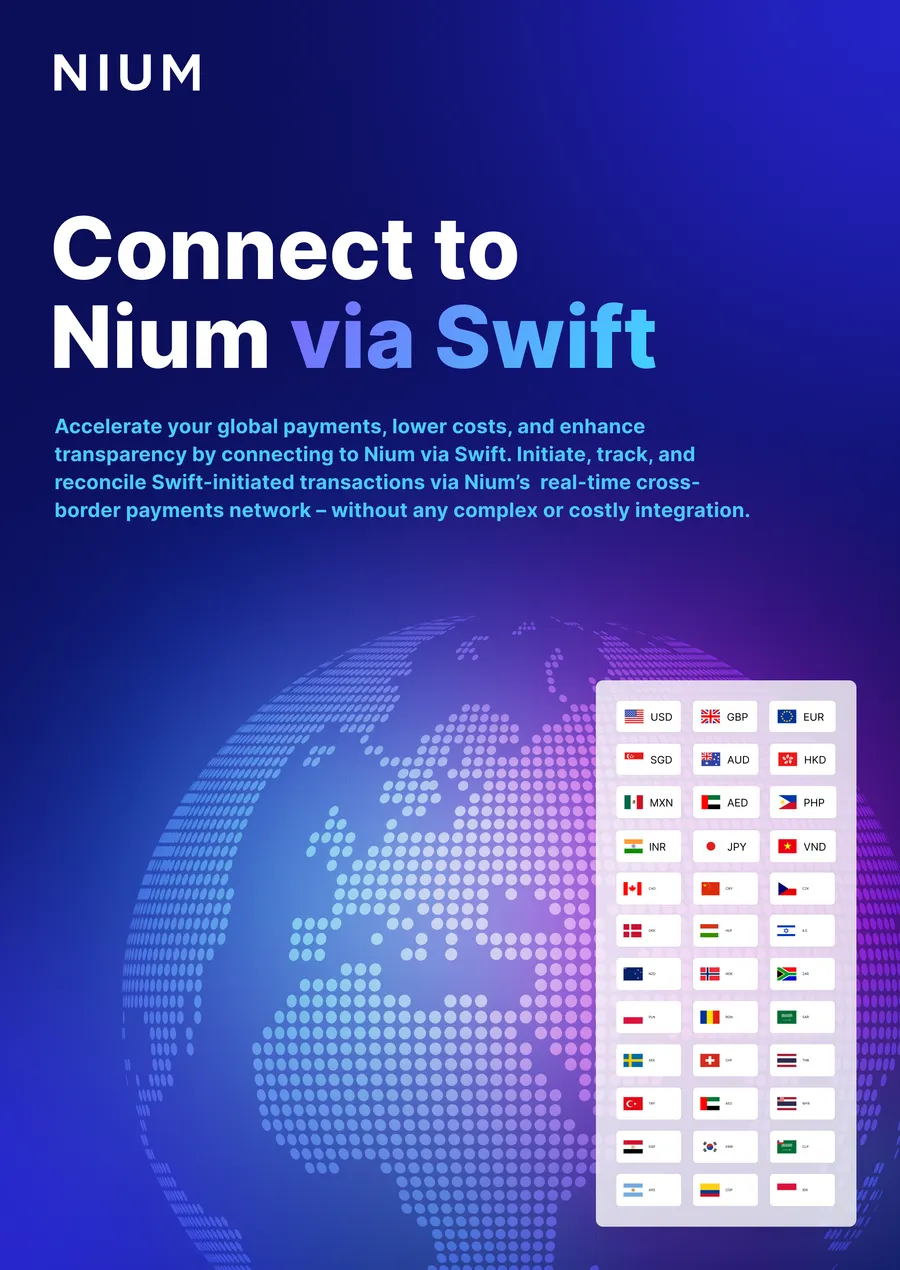Singapore is a flourishing e-commerce market. Located at the crossroads between major trade routes, Singapore has become the regional headquarters of choice for business and e-commerce platforms [1][2]. The country’s robust IT infrastructure, advanced international logistics network and digital-savvy population has paved the way further for a booming e-commerce sector. In 2019, ASEAN Today reported that while 26% of Singaporeans shopped online at least once a week — the highest in Southeast Asia — 60% of Singapore’s e-commerce orders came from abroad. The rising consumer demand from across the globe and the potential for growth makes it imperative for ecommerce businesses to reach out to suppliers and vendors from overseas. The issues associated with cross-border payments, however, continue to hinder the prospects of enterprises looking to expand. E-commerce companies must find a way to overcome these challenges in order to thrive in this competitive environment.
The evolution of e-commerce in Singapore and the impact of Covid-19
Singapore is ASEAN’s most prominent e-commerce hub. The country’s e-commerce industry is predicted to contribute S$9.8 billion in 2025, a 22% increase from 2015, signifying a promising trajectory in the next five years [3]. The outbreak of the global pandemic has further propelled the demand for e-commerce — over 50% of respondents in a recent survey of Asian consumers reported that they now prefer to shop online as opposed to frequenting brick-and-mortar outlets and shopping malls [4]. Singapore’s e-commerce market is expected to continue thriving even in the post-pandemic world [5]. The Singaporean government, too, recognises this and is making an effort to incentivise SME retailers to go online [6].
Why overseas expansion is imperative
Singapore has one of the highest cross-border shopping rates in Asia [7]. This may be attributed to:
- The country’s large population of wealthy, tech-savvy shoppers who prefer online shopping to physical stores [8]
- The rising number of internet and mobile phone users — Singapore has the second-highest internet penetration in the Southeast Asian region, with almost 89% of the population using the internet on a daily basis [9]
- The fact that immigrants constitute more than 40% of Singapore’s population as of 2018 [10]
That said, Singapore’s e-commerce market is replete with local and global players [11]. The e-commerce landscape is competitive, with incumbent and new entrants vying to position themselves in an already dense marketplace. Establishing relationships with suppliers and vendors from overseas can prove to be hugely beneficial for businesses looking to fulfill the demands of an evolved, digitally savvy consumer base. In 2019, it was found that the ability to extend services to international customers can help enterprises boost their sales by up to 10-15% [12].
The challenges of cross-border payments
In view of the increasing number and aspirations of online shoppers, there is a growing need for e-commerce companies in Singapore to look for opportunities beyond its borders. The laborious and complicated nature of cross-border payments, however, deter businesses from venturing into new markets.
Delays and costs due to intermediaries
Disbursing payments through a traditional system not only costs time but also money. A traditional international payment system includes multiple intermediaries under different jurisdictions that incur costs at every step – transaction fees, exchange fees, commission etc. [13]. A convoluted mechanism such as this does not allow complete transparency of processes.
Complexity of legal regulations
Legal regulations differ considerably across geographies. Stringent rules in some countries make it difficult for businesses to connect with their vendors and suppliers, more so in regions where banking facilities are limited and vendors don’t accept card payments. Additionally, all countries impose varying duty charges on online foreign transactions. These country by country differences can be a huge barrier when looking to expand internationally [14].
How Nium can help
Nium’s cross-border solutions create a seamless global experience for e-commerce businesses. E-commerce companies can take advantage of Nium’s NiumPay Platform to simplify cross-border payouts. The platform allows businesses to send payments to their vendors securely, while offering vendors multiple options to receive money. They can access their funds via NiumPay app – either through their cards, a linked bank account or a digital wallet within the app. Our solution is powered by our global connectivity to banks, cards and cash pickup locations. Nium’s solution allows you to operate intelligent digital wallets that can easily be used within Visa’s global acceptance network, with no additional licensing or regulatory requirements. Ecommerce Businesses can simplify their cross-border vendor and supplier payments, while reducing operational overheads. With our platform, e-commerce companies can benefit from:
Instant Payments: Conduct real-time funds transfers to your suppliers. Transactions are tracked and processed real-time, so you can use our virtual card solutions to send payments to vendors and suppliers instantly .
Advanced Security: Enable secure digital payments through tokenization for in-store or online payments and at ATM points. Our DSI compliant platform offers end-to-end encryption for all transactions, meaning your funds are protected against fraudulent activities.
Streamlined Integration: Unlock simple payment experiences for businesses and consumers around the world. Payment recipients can choose how they want to get paid, Funds can be automatically loaded onto plastic cards or instantly routed to their bank account.
Connect With The Future of Payments
Contact us at [email protected] to learn how Nium’s business expense cards can streamline and automate your corporate finances.







.png@webp)






